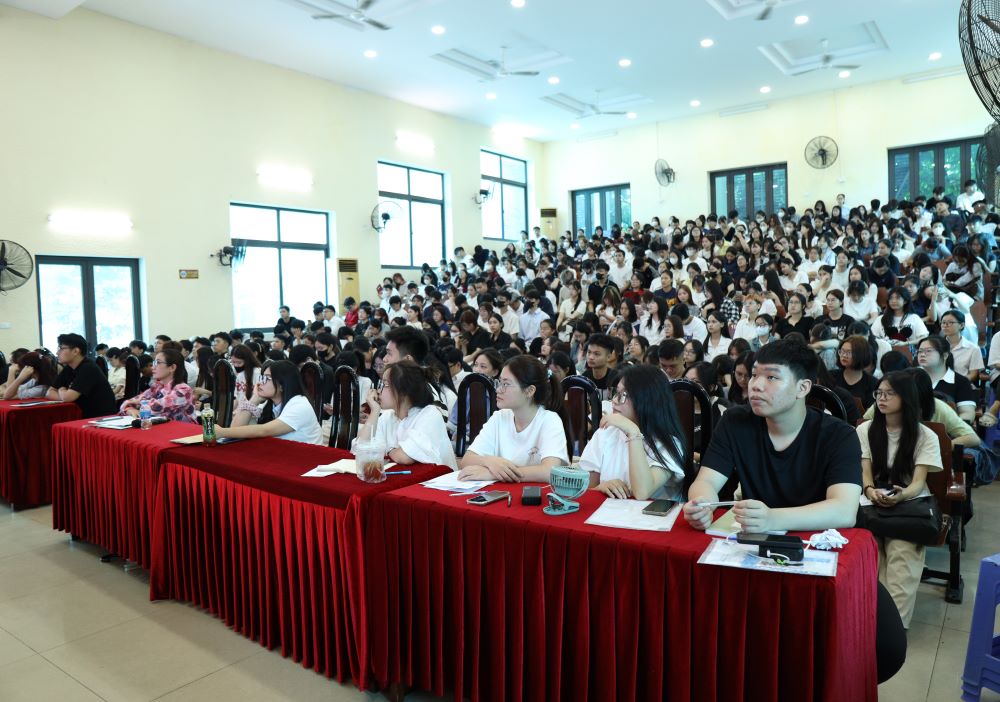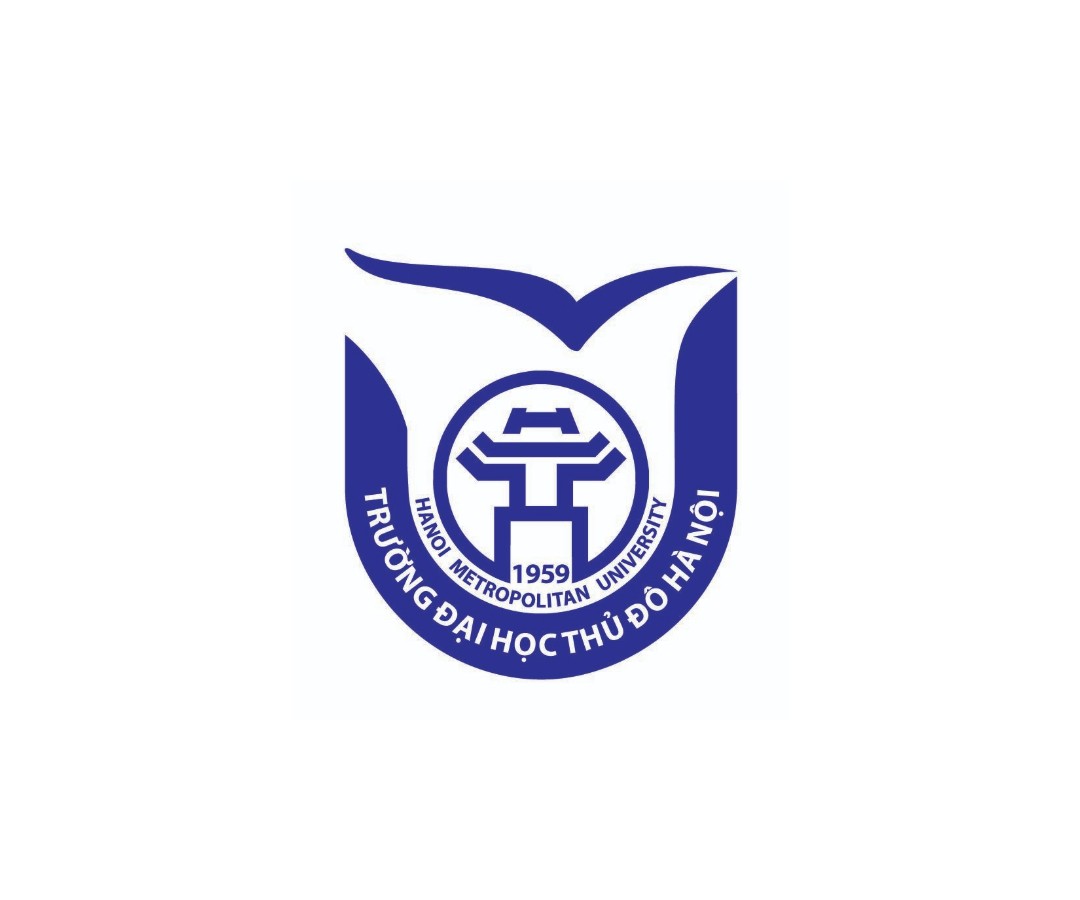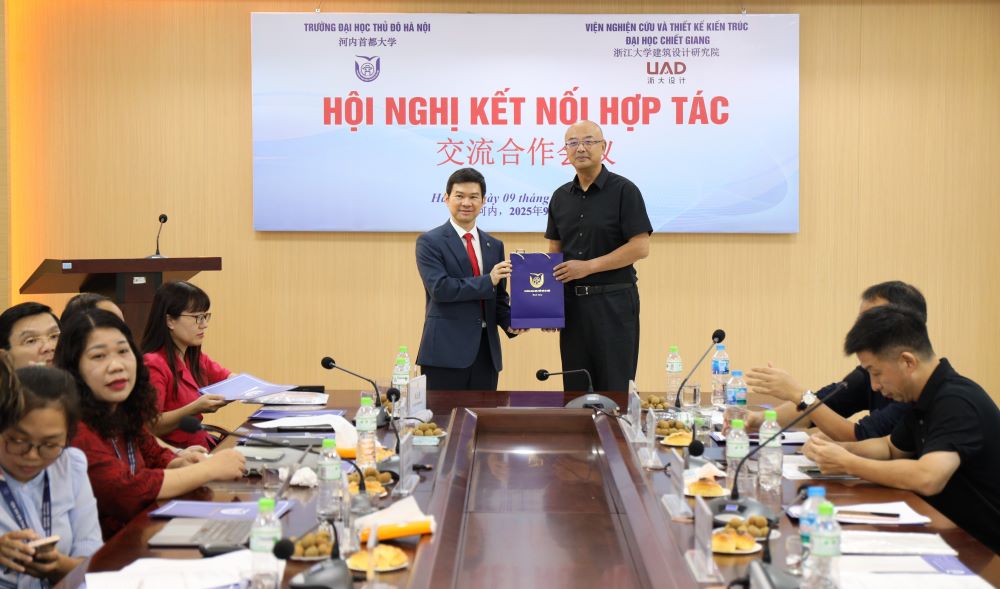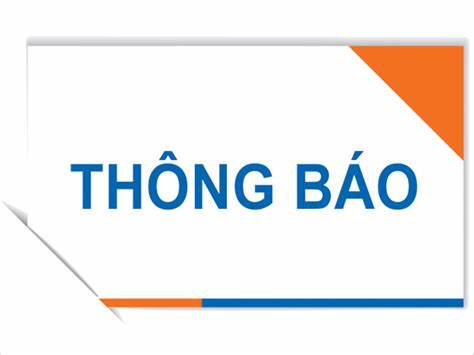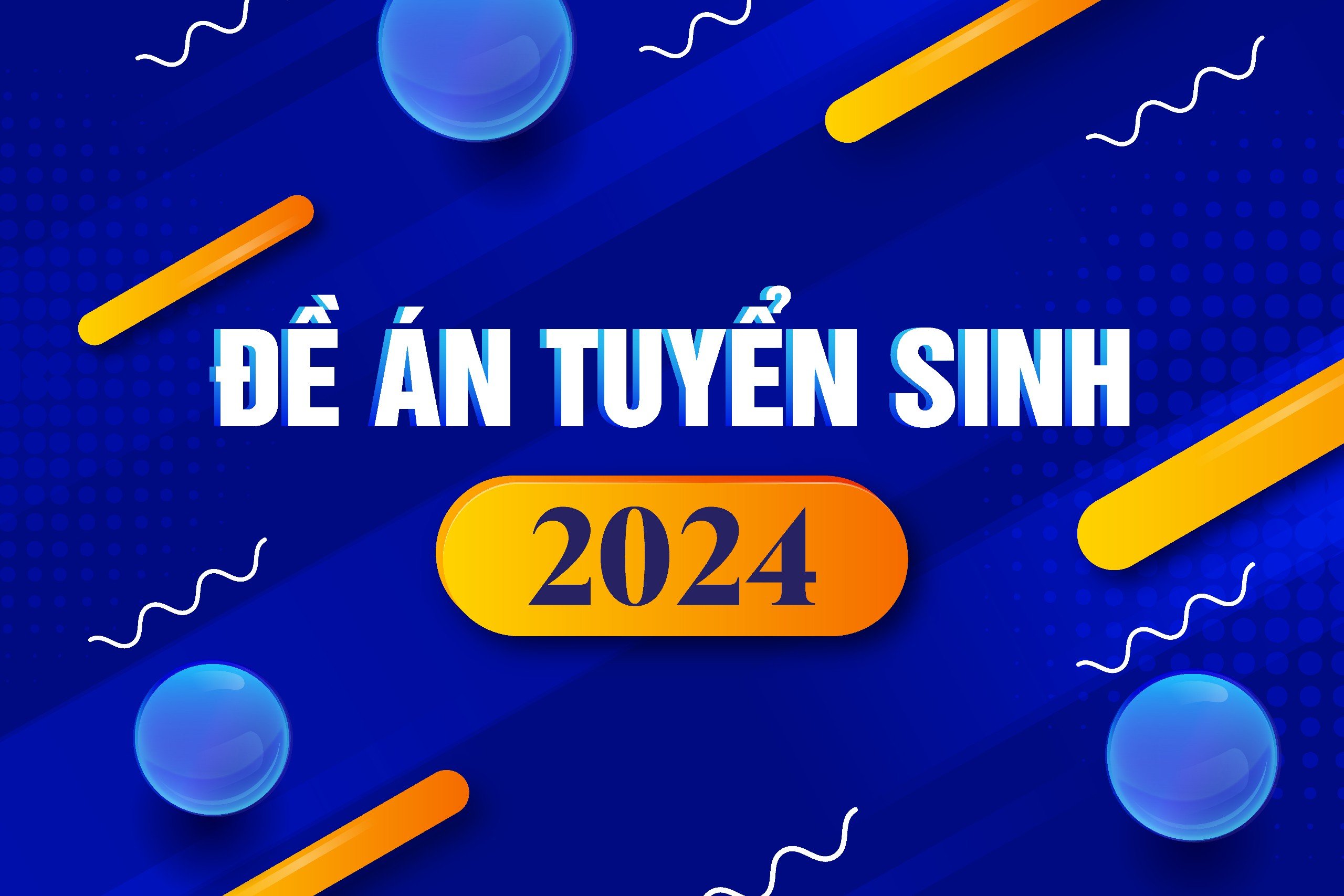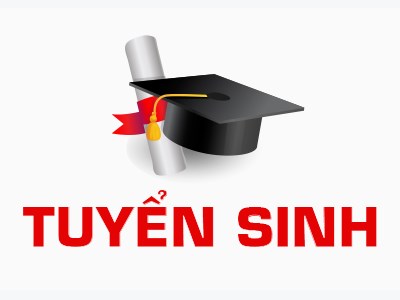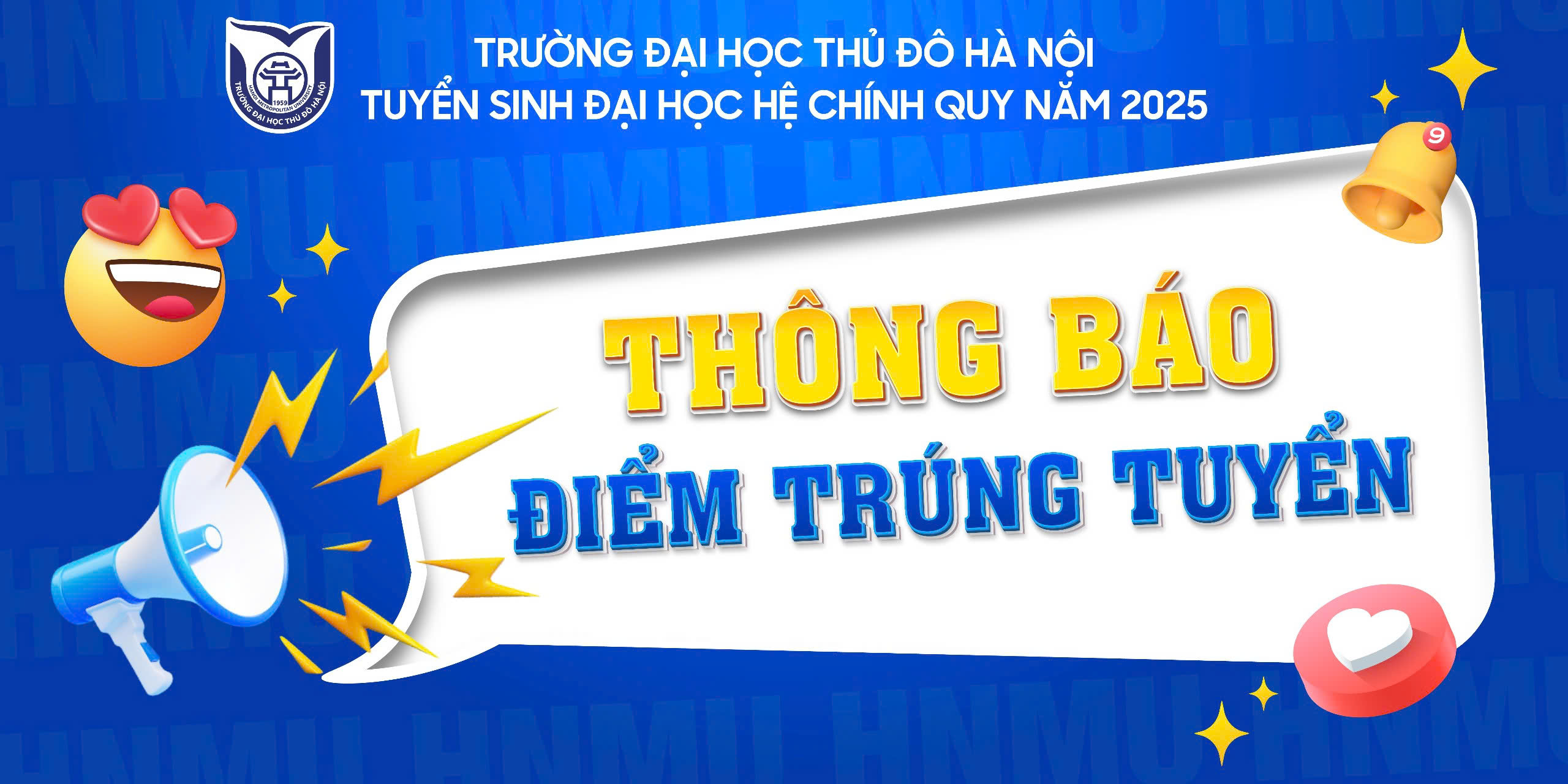"National Scientific Conference: “AI & General Education: Opportunities, Challenges, and Future Directions” attracts a large number of participants."
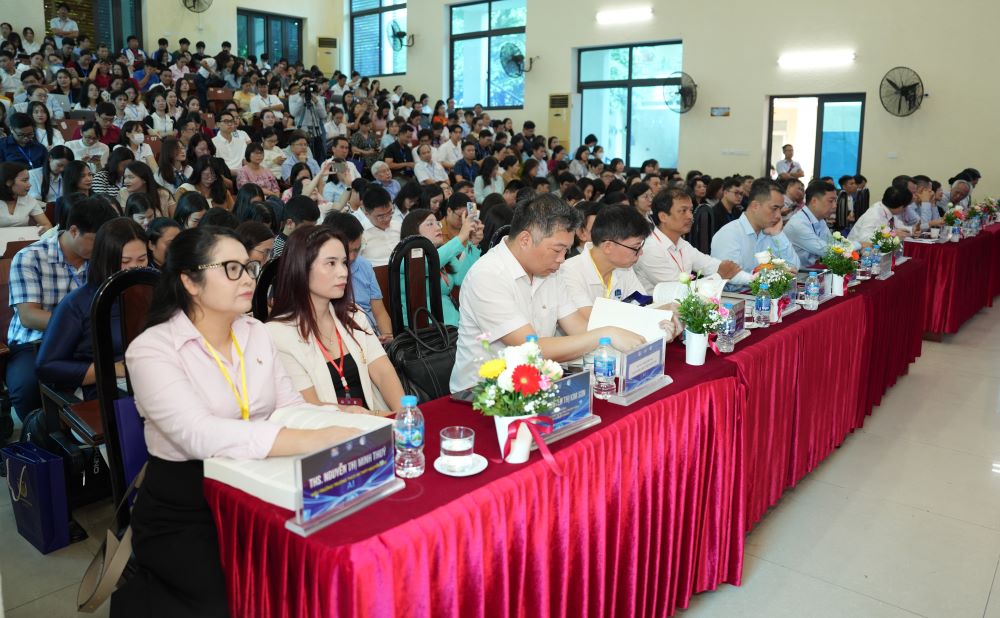
On September 12th, the University of Hanoi, in collaboration with the Vietnam Information Technology and Communications Club (FISU Vietnam) and the University of Danang, organized the scientific conference “AI & General Education: Opportunities, Challenges, and Future Directions.”
Attending the conference were Ms. Nguyễn Tố Quyên, Deputy Director of the Department of Science and Technology; Prof. Dr. Nguyễn Thanh Thuỷ, President of FISU Vietnam; and a large number of educational administrators, scientists, technology experts, and teachers from across the country.
From the University of Hanoi, participants included Assoc. Prof. Dr. Nguyễn Anh Tuấn, Secretary of the Party Committee and Chairman of the University Council; Assoc. Prof. Dr. Đỗ Hồng Cường, Rector of the University; Dr. Bùi Quốc Hoàn, Vice Rector, along with staff, lecturers, and students.
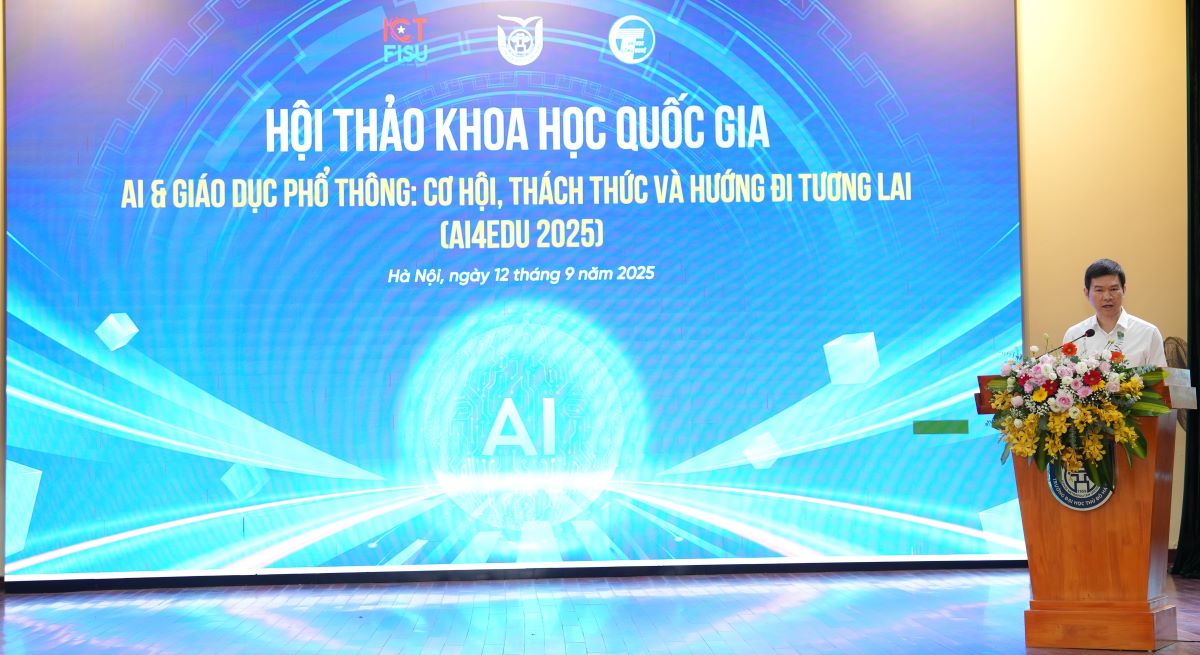
Assoc. Prof. Dr. Nguyễn Anh Tuấn, Chairman of the University Council, delivering the opening speech
In his opening speech, Assoc. Prof. Dr. Nguyễn Anh Tuấn emphasized: In Vietnam, amidst a strong digital transformation, the Politburo issued Resolution No. 71-NQ/TƯ on August 22nd, focused on breakthrough development in education and training.
The resolution asserts that education and training are not only the country’s foremost policies but also crucial elements determining the nation's future. This marks a significant turning point in awareness and actions, reflecting the Party’s profound interest in human resource development.
In the resolution, the Politburo highlighted strategic directions for fundamental and comprehensive education reform. One important focus is promoting comprehensive digital transformation, applying digital technology and artificial intelligence (AI) in education. This is an urgent task and an opportunity for Vietnam’s education to break through, improve quality, ensure equity in access, and open doors for international integration.
The conference not only served as a platform for knowledge exchange but also as an opportunity to review the initial achievements in implementing AI in general education, while clarifying future opportunities, challenges, and directions
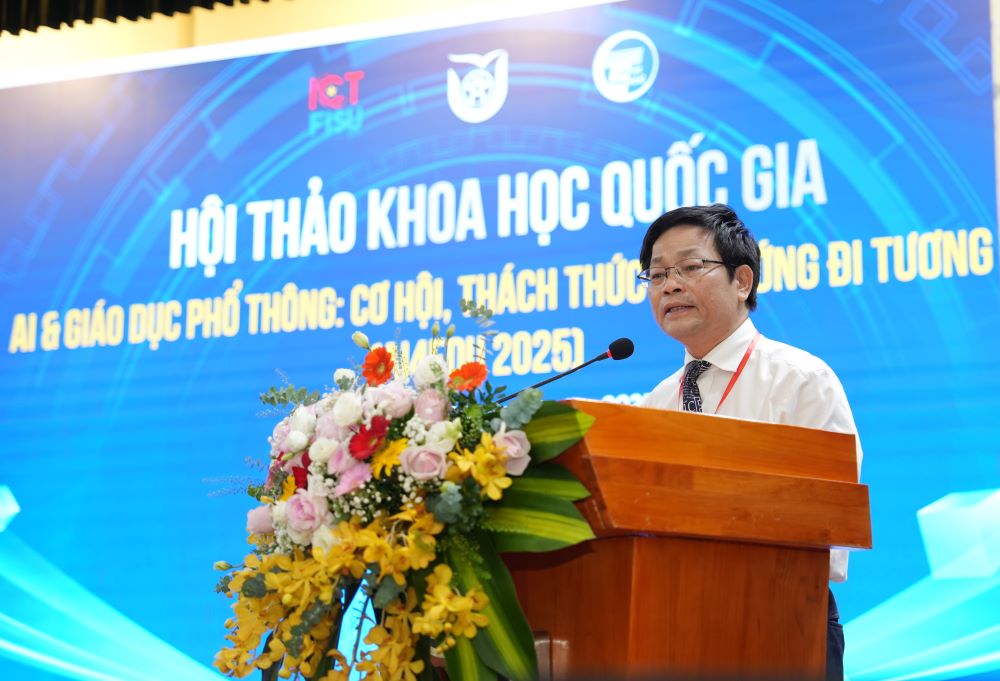
Prof. Dr. Nguyễn Thanh Thuỷ, President of FISU Vietnam, delivering the opening speech
In addition to the plenary session, the conference featured three thematic sessions to share experiences, identify opportunities and challenges, and propose solutions for the effective, safe, and sustainable application of AI in Vietnam's general education system.
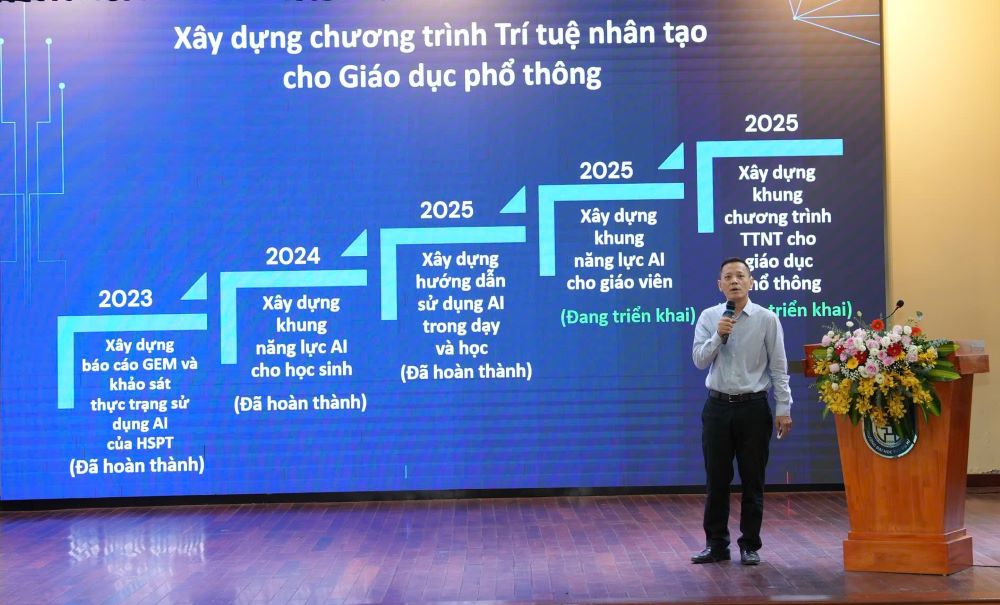
Prof. Dr. Lê Anh Vinh, Director of the Vietnam Institute of Educational Sciences
The papers presented at the conference focused on two main themes: AI in education and AI in the reform of teaching, testing, and assessment.
The presentations analyzed global and national trends in AI applications, AI competency frameworks for teachers, as well as policies and strategies for developing human resources in education in the digital era.
Concerning the topic of AI in teaching reform and assessment, the discussions introduced AI applications in personalized learning, smart classroom organization, innovative assessment methods, and reducing administrative burdens for teachers.
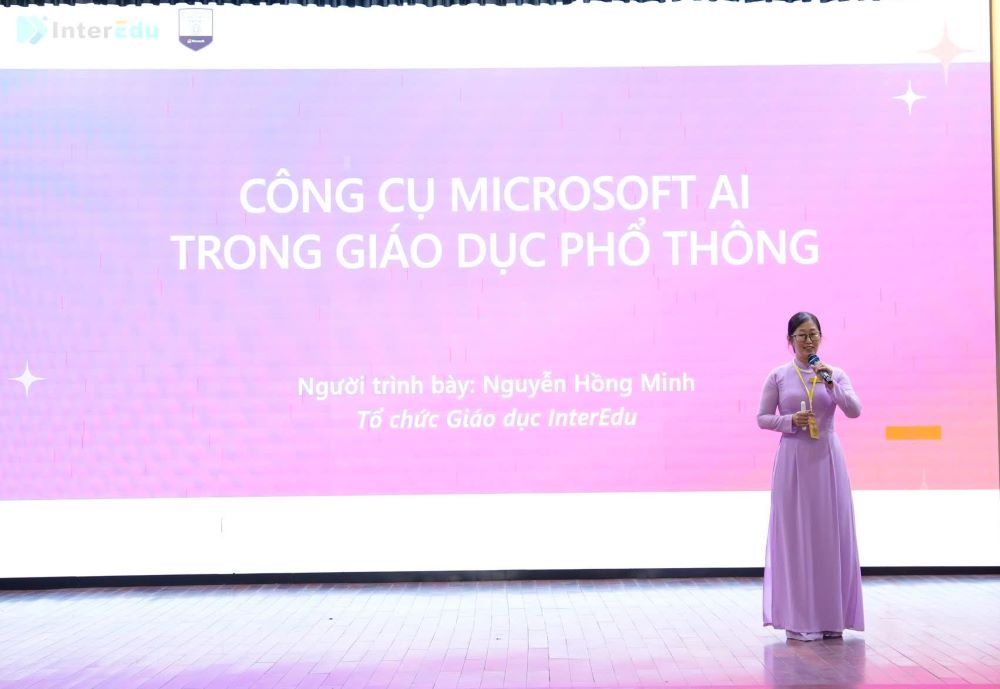
Ms. Nguyễn Hồng Minh, Director of Program Development at EnterEdu Education Organization - Global Training Partner of Microsoft
During the morning plenary session, delegates and educators focused on defining the overall picture for AI implementation in general education, including strategic orientations, plans, and implementation content. They also clarified the approach to AI for students in line with universal goals in Vietnam, alongside international lessons. The session also highlighted principles for integrating AI tools from enterprises into schools to ensure data safety and pedagogical effectiveness, along with introducing a competency assessment framework for teachers' AI application skills.
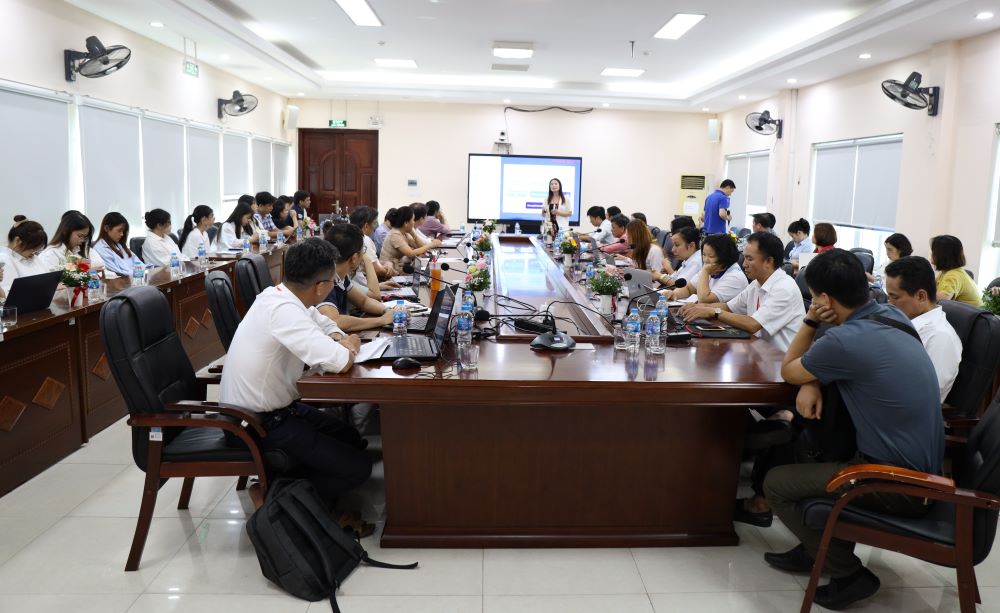
The thematic sessions of the conference

The afternoon sessions covered three basic topics: Opportunities and challenges of AI in general education; AI in reforming content, methods, and forms of teaching and assessment; and the AI Intelligence Olympics.
The discussions confirmed that students need to be guided from a natural intelligence foundation to understand and master artificial intelligence, thereby developing thinking, creativity, and adaptability to the digital society.
Experiences both domestically and internationally showed that AI universalization must combine mass education with specialized capacity building, aiming to raise the overall level while discovering and nurturing technological talents.
Moreover, the establishment of a competency assessment framework for teachers' AI application skills has paved the way for specific strategies to train and develop teachers, ensuring coherence in implementation.

